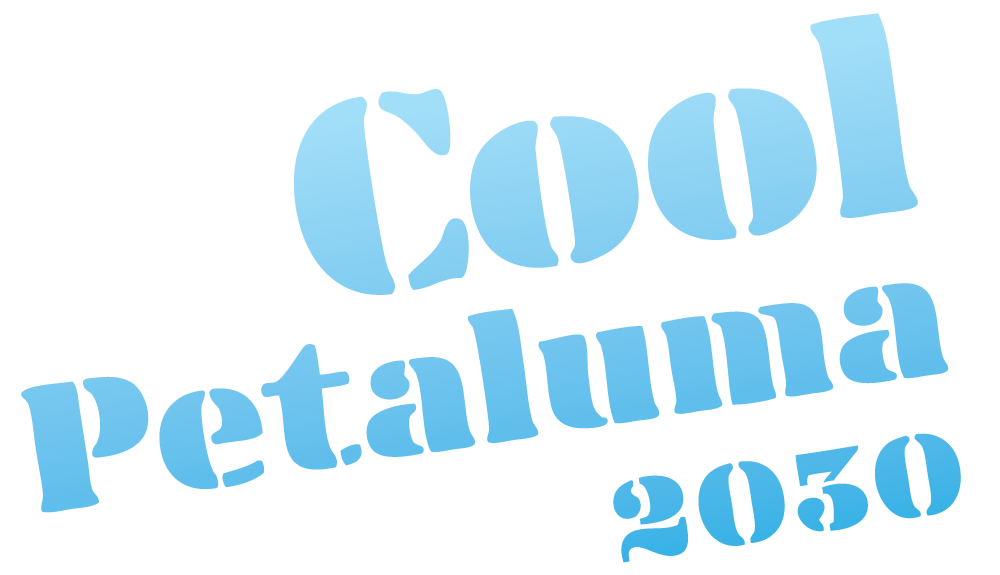Be careful with plastic
Be careful with plastic
Why?
When it comes to plastic, less is more. Among the many dangers of plastic are the harmful impacts on watershed, farms, food, and many species. Thousands of chemicals used in plastic packaging are known to be toxic, but there are many, many more about whose safety we know nothing.
Prevent microplastics in drains
Microplastics – tiny plastic particles – from synthetic clothes and cosmetics are not only winding up in our waterways, but also on our farmland. This raises big concerns about our food supply and the health of other species. Researchers estimate that 5.6 million metric tons of synthetic microfibers entered our oceans, rivers, lakes, and soils between 1950 and 2016.
Do what you can to minimize this type of plastic pollution:
Check your cosmetic products for plastic content.
Choose 100 percent natural fibers such as flax, cotton, linen, silk, wool, or hemp – without chemical additives.
Wash clothes less frequently.
If you have clothes with synthetic fibers – rayon, nylon, spandex, or polyester, for example – wash them in a washing bag to minimize fiber breakage and release of microfibers into water.
NRDC: A Growing Concern: Microplastic Pollution on Farm Fields
Beat the Microbead: Scan Your Cosmetics & Care Products for Microplastics
Environmental Working Group: EWG’s Healthy Living App
Wirecutter: Your Laundry Sheds Harmful Microfibers. Here’s What You Can Do About It.
Reduce single-use plastic
Recycling is helpful – as far as it goes. But if we really want to reduce the risks of single-use plastic, then we need to stop using so much of it. Granted, that’s not always easy to do, but we have to start somewhere.
Frozen foods, produce tidily wrapped in film plastic and clamshells, single-serve coffee packets – are these conveniences always necessary? Or can you take steps like these:
Find a store with a great selection of bulk foods.
Use your own grocery bags.
Look for sustainable swaps.
Make an extra batch of food on Sunday night and freeze the rest to simplify your work week.
Next up? Do everything in your power to advocate for alternatives to single-use plastic, which not only ends up in landfills, but also incinerators and rivers or oceans.
NRDC: Single-Use Plastics 101
NPR KQED: The plastic problem isn’t your fault, but you can be part of the solution

